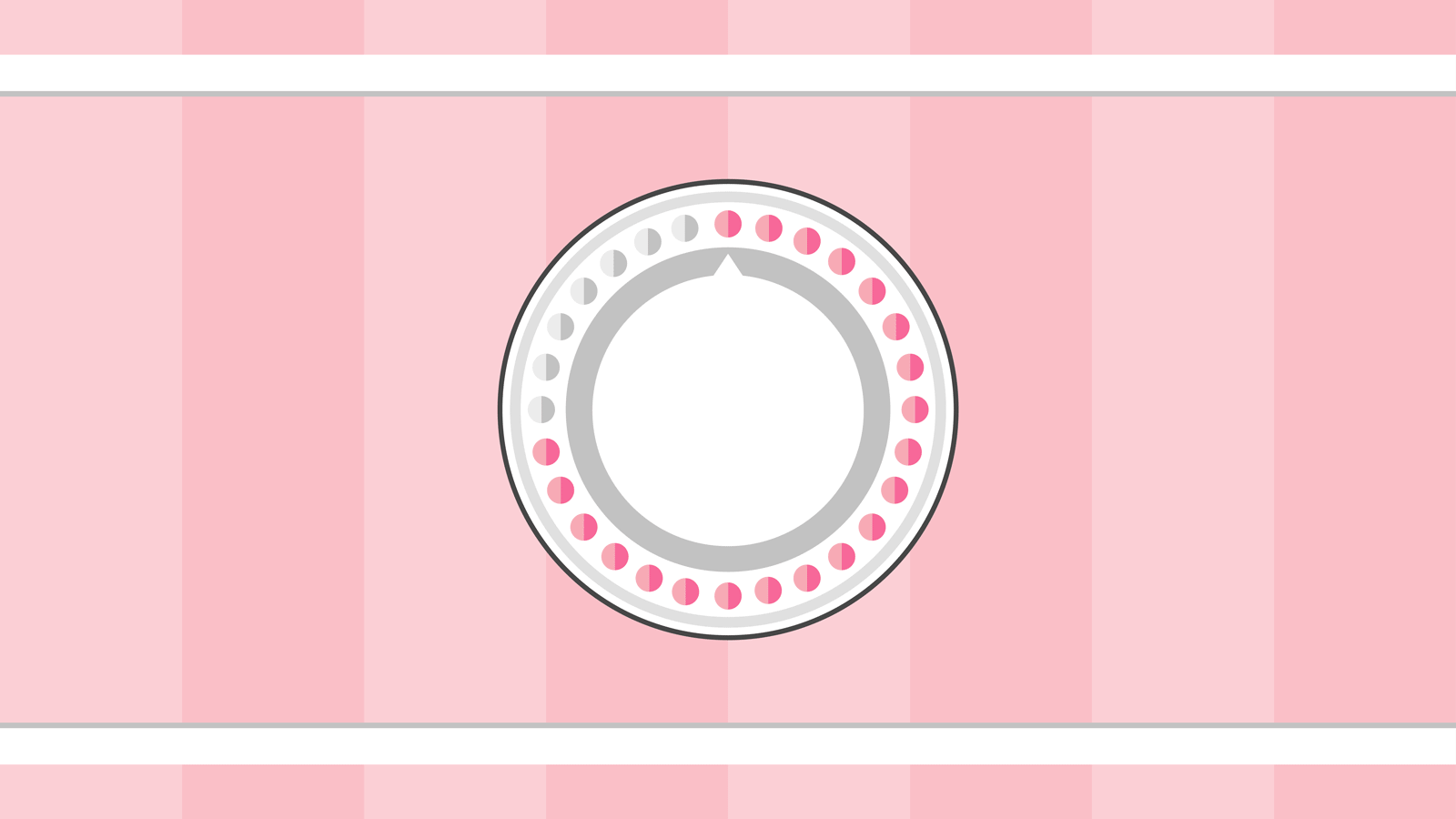Hormonal contraception is an effective way to prevent unwanted pregnancy. Moreover, it can also be prescribed for the treatment of various health issues like acne and heavy periods. Unfortunately, there is less comprehensive information about why you should start taking hormonal contraceptives then it should be. However, some specialists claim that hormonal contraception needs to be taken during the whole reproductive age while others believe that it is permissible to use them in short courses for treatment.
Hormones play an essential role in the human body. They control all vital processes, including reproductive function. When the hormones are in balance, the well-being of the person is normal. However, the hormonal system (like any other in your body) can malfunction. In this case, synthetic derivatives come to the rescue. Hormonal fluctuations in women can lead to a number of unpleasant consequences:
- Irregular periods
- Mood swings and psycho-emotional disorders
- Weight gain or loss
- Genital diseases
- Inability to conceive or carry a child
- Cosmetic defects (like acne, pimples, rashes on the face and body, or hair loss)
That’s why hormonal contraception is prescribed not only for women that want to prevent pregnancy. However, there are a lot of contraception options that have different properties. In this article, we gathered four effective contraception options that are based on hormones.
1. Birth control pills
Oral contraceptive pills are the most popular group of medicines used by women today to prevent pregnancy. Birth control pills include a combination of estrogen and progesterone. They can be prescribed for polycystic ovary syndrome, endometriosis, and amenorrhea. In most cases, birth control pills should be taken for 21 days and then you need 7 days of break. However, it all depends on the hormones and their functions.
Despite the fact that there are a lot of different hormonal contraceptives on the market, it is essential to consult your gynecologist before use. Moreover, you should undergo an overall examination in order to exclude certain health issues that may be aggravated by hormonal contraception.
2. Vaginal rings
The vaginal ring (NuvaRing) is a flexible ring that is acting through a combination of ethyl estradiol and etonogestrel. Inserted into the vagina, NuvaRing is held in place for 3 weeks and then discarded. NuvaRing insertion should be performed after the menstrual bleeding caused by the withdrawal syndrome.
One of the most valuable advantages of NuvaRing is that NuvaRing fits comfortably inside and remains in the vagina, releasing a microscopic dose of hormones necessary to protect against unwanted pregnancy. You don’t have to drink pills daily and may use the ring when you actually need it.
3. Implants
Birth control implants are also quite common contraception options. This implant is a plastic rod containing progestin. It is inserted under the skin of the inner surface of the forearm through a small incision under local anesthetic. Implant secretes a small amount of a hormone every day and it is gradually absorbed into the bloodstream. This provides a birth control effect for three years.
The advantages of this method include high efficiency and great convenience. In addition, birth control implants can be used by women with diseases like varicose veins or diabetes in which taking pills is contraindicated.
4. IUD
Intrauterine devices (IUDs) can be hormonal and non-hormonal. Hormonal IUDs are small T-shaped devices that are inserted into the woman’s uterus to prevent pregnancy. Hormonal IUDs are usually made of plastic. IUDs are considered long-term birth control options that can remain in place for 3-5 years or more. However, it t all depends on the type and brand. The efficiency of IUDs is up to 99%.







































No Comments